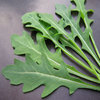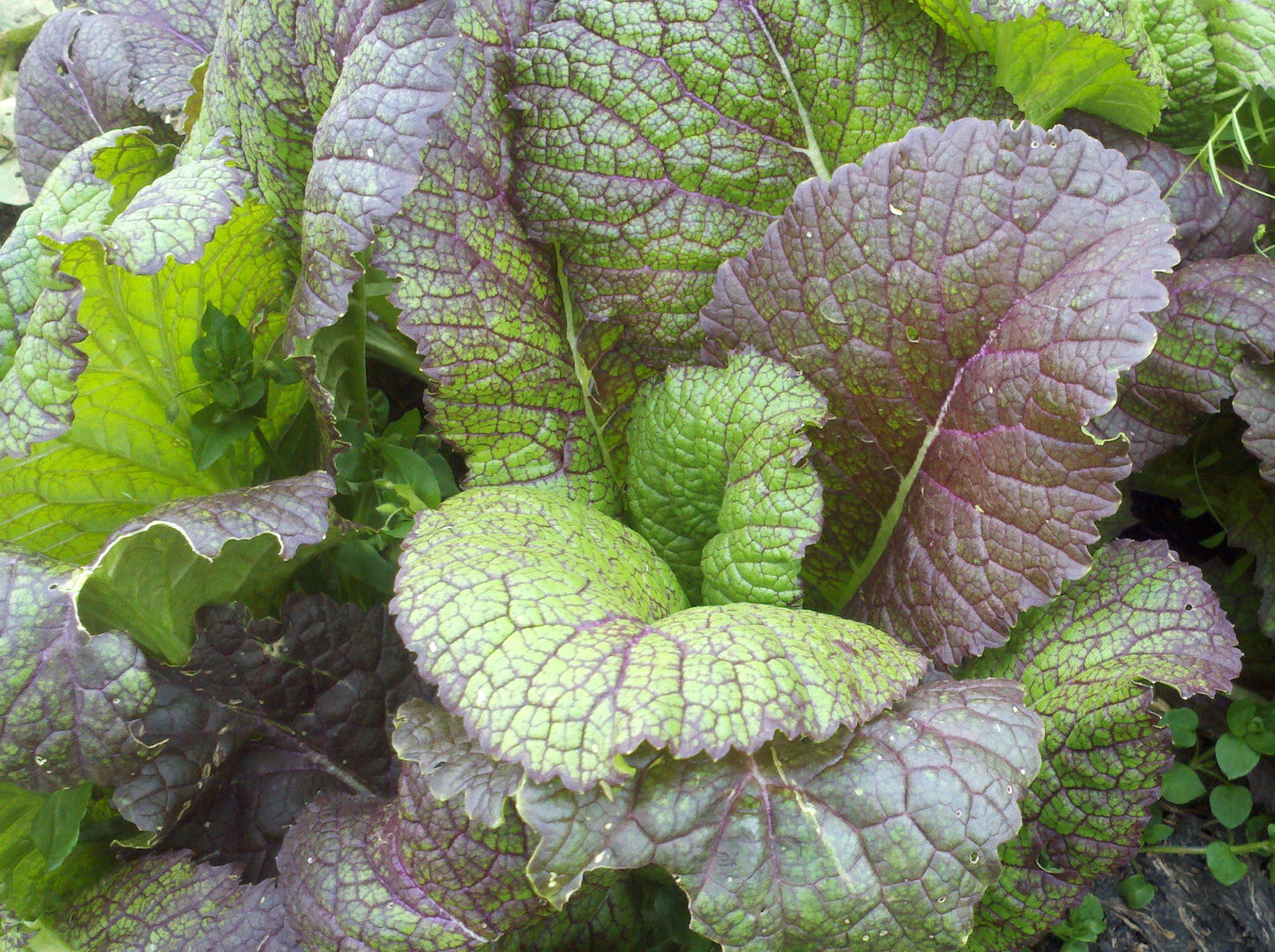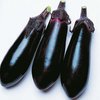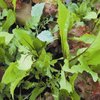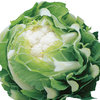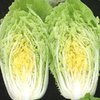Product Categories Vegetable Seeds D-P Pak Choi Seeds Pak Choi Golden Yellow F1 (Superb as Babyleaf)
Product Categories Vegetable Seeds A-C BabyLeaf Radish F1 Red Stemmed BabyLeaf 150 Seeds
Product Categories Vegetable Seeds A-C BabyLeaf Red Pak Choi Rubi F1 Babyleaf 630 Veg Seeds
Product Categories Vegetable Seeds A-C BabyLeaf MitiusFolium Baby Lettuce Leaf Mix 830 Seeds 1g
Product Categories Vegetable Seeds A-C BabyLeaf Swiss Chard Barese 200 Vegetable Seeds
Product Categories Vegetable Seeds A-C BabyLeaf CN Mizuna (600) 1.5g Vegetable Seeds
Product Categories Vegetable Seeds A-C BabyLeaf Corn Salad, Verte de Cambrai Vegetable Seeds
Product Categories Vegetable Seeds A-C BabyLeaf Mustard Red Frills 750 (1g) Vegetable Seeds
Product Categories Vegetable Seeds A-C BabyLeaf Mustard Red Giant 830 1.2g's Vegetable Seeds
Product Categories Vegetable Seeds A-C BabyLeaf Beet Bulls Blood 100 (1.25g) Babyleaf Veg Seeds
Pak Choi Golden Yellow F1 (Superb as Babyleaf)
Product no.: SEEDV077
In stock
Delivery period: 1 working days
from
£1.16
Price plus VAT, plus delivery
Accessories
| Product | Note | Status | Price | |
|---|---|---|---|---|
|
|
from £2.44 * | ||
|
|
£140.83 * | ||
|
|
£32.49 * | ||
|
* Prices plus VAT, plus delivery
Display accessory details
|
||||
We also recommend
|
Other items you may also want to consider:
|
* Prices plus VAT, plus delivery
Customers who bought this product also bought
|
|
|
Dwarf French Bean The Prince Vegetable Seeds
from
£0.95
*
|
|
Dwarf French Bean Stanley Vegetable Seeds
from
£1.22
*
|
Beetroot Boltardy 400 (3.73g's) Vegetable Seeds
from
£0.89
*
|
* Prices plus VAT, plus delivery
Browse these categories as well: Pak Choi Seeds, BabyLeaf
Radish F1 Red Stemmed BabyLeaf 150 Seeds
Product no.: SEEDV123
In stock
Delivery period: 1 working days
We also recommend
|
You may want to also consider this item:
|
* Prices plus VAT, plus delivery
Customers who bought this product also bought
|
|
Mustard Red Lion BabyLeaf Vegetable Seeds
from
£1.00
*
|
Beet Bulls Blood 100 (1.25g) Babyleaf Veg Seeds
from
£0.93
*
|
* Prices plus VAT, plus delivery
Browse these categories as well: BabyLeaf, Radish
Red Pak Choi Rubi F1 Babyleaf 630 Veg Seeds
Product no.: SEEDV125
In stock
Delivery period: 1 working days
We also recommend
|
Customers who bought this item also bought:
|
You may want to also consider this item:
|
Other items you may also want to consider:
|
* Prices plus VAT, plus delivery
Customers who bought this product also bought
|
|
|
|
|
|
Swede Invitation Vegetable Seeds
£0.97
*
|
* Prices plus VAT, plus delivery
Browse these categories as well: BabyLeaf, Pak Choi Seeds
MitiusFolium Baby Lettuce Leaf Mix 830 Seeds 1g
Product no.: SEEDV203
In stock
Delivery period: 1 working days
Accessories
| Product | Note | Status | Price | |
|---|---|---|---|---|
|
Other items you may also want to consider: |
|
£8.41 * | |
|
* Prices plus VAT, plus delivery
Display accessory details
|
||||
We also recommend
|
Customers who bought this item also bought:
|
You may want to also consider this item:
|
* Prices plus VAT, plus delivery
Customers who bought this product also bought
|
Lettuce Bright & Spicy BabyLeaf Salad Mix Seeds
from
£0.98
*
|
Lettuce Herb Blend BabyLeaf Mix Vegetable Seeds
from
£0.88
*
|
Kale - Dwarf Blue Curled Vegetable/Fruit Seeds
from
£0.82
*
|
|
|
|
* Prices plus VAT, plus delivery
Browse these categories as well: BabyLeaf, Lettuce
Swiss Chard Barese 200 Vegetable Seeds
Product no.: SEEDV170
In stock
Delivery period: 1 working days
Accessories
| Product | Note | Status | Price | |
|---|---|---|---|---|
|
Customers who bought this item also bought: |
|
from £1.42 * | |
|
You may want to also consider this item: |
|
£1.54 * | |
|
Other items you may also want to consider: |
|
£10.36 * | |
|
* Prices plus VAT, plus delivery
Display accessory details
|
||||
We also recommend
|
Customers who bought this item also bought:
|
You may want to also consider this item:
|
Other items you may also want to consider:
|
* Prices plus VAT, plus delivery
Customers who bought this product also bought
|
|
Beetroot Boltardy 400 (3.73g's) Vegetable Seeds
from
£0.89
*
|
|
|
|
|
* Prices plus VAT, plus delivery
Browse these categories as well: BabyLeaf, Swiss Chard
CN Mizuna (600) 1.5g Vegetable Seeds
Product no.: SEEDV007
In stock
Delivery period: 1 working days
Accessories
| Product | Note | Status | Price | |
|---|---|---|---|---|
|
Other items you may also want to consider: |
|
from £4.44 * | |
|
* Prices plus VAT, plus delivery
Display accessory details
|
||||
We also recommend
|
Customers who bought this item also bought:
|
You may want to also consider this item:
|
Other items you may also want to consider:
|
* Prices plus VAT, plus delivery
Customers who bought this product also bought
|
|
|
Tasty Mustard Mix Salad Leaf Mix
from
£0.93
*
|
* Prices plus VAT, plus delivery
Browse this category: BabyLeaf
Corn Salad, Verte de Cambrai Vegetable Seeds
Product no.: SEEDV293
In stock
Delivery period: 1 working days
from
£1.05
Price plus VAT, plus delivery
Accessories
| Product | Note | Status | Price | |
|---|---|---|---|---|
|
|
£32.49 * | ||
|
|
£36.66 * | ||
|
|
£57.49 * | ||
|
* Prices plus VAT, plus delivery
Display accessory details
|
||||
We also recommend
* Prices plus VAT, plus delivery
Customers who bought this product also bought
|
|
Swede Marian Vegetable Seeds
£1.12
*
|
|
|
Coriander Cruiser (P.V.P) 106 (1.2g) Herb Seeds
from
£0.76
*
|
Lettuce Herb Blend BabyLeaf Mix Vegetable Seeds
from
£0.88
*
|
* Prices plus VAT, plus delivery
Browse this category: BabyLeaf
Mustard Red Frills 750 (1g) Vegetable Seeds
Product no.: SEEDV310
In stock
Delivery period: 1 working days
from
£0.89
Price plus VAT, plus delivery
Accessories
| Product | Note | Status | Price | |
|---|---|---|---|---|
|
You may want to also consider this item: |
|
from £4.85 * | |
|
* Prices plus VAT, plus delivery
Display accessory details
|
||||
We also recommend
|
Customers who bought this item also bought:
|
You may want to also consider this item:
|
Other items you may also want to consider:
|
* Prices plus VAT, plus delivery
Customers who bought this product also bought
|
Mustard, Green Fire F1 BabyLeaf Vegetable Seeds
from
£1.11
*
|
Mustard Red Dragon F1 BabyLeaf Vegetable Seeds
from
£1.01
*
|
|
|
|
Mustard Green Frills BabyLeaf Vegetable Seeds
from
£1.05
*
|
* Prices plus VAT, plus delivery
Browse this category: BabyLeaf
Mustard Red Giant 830 1.2g's Vegetable Seeds
Product no.: SEEDV311
In stock
Delivery period: 1 working days
from
£0.78
Price plus VAT, plus delivery
Accessories
| Product | Note | Status | Price | |
|---|---|---|---|---|
|
You may want to also consider this item: |
|
from £4.85 * | |
|
* Prices plus VAT, plus delivery
Display accessory details
|
||||
We also recommend
|
Customers who bought this item also bought:
|
You may want to also consider this item:
|
Other items you may also want to consider:
|
* Prices plus VAT, plus delivery
Customers who bought this product also bought
|
|
Kalettes formerly known as Flower Sprout 10 Seed
from
£1.41
*
|
Lettuce Bright & Spicy BabyLeaf Salad Mix Seeds
from
£0.98
*
|
|
Biquinho Red "Pearl Peppers" (10) Fruit Seeds
from
£1.13
*
|
Lettuce Herb Blend BabyLeaf Mix Vegetable Seeds
from
£0.88
*
|
* Prices plus VAT, plus delivery
Browse this category: BabyLeaf
Beet Bulls Blood 100 (1.25g) Babyleaf Veg Seeds
Product no.: SEEDV312
In stock
Delivery period: 1 working days
from
£0.93
Price plus VAT, plus delivery
We also recommend
|
Customers who bought this item also bought:
|
You may want to also consider this item:
|
Other items you may also want to consider:
|
* Prices plus VAT, plus delivery
Customers who bought this product also bought
|
Pea Style Second Early Veagetable Seeds
from
£1.01
*
|
Cauliflower Triomphant F1 12 Vegetable Seeds
from
£1.93
*
|
Kale Scarlet Borecole Vegetable/Fruit Seeds
from
£1.06
*
|
|
|
|
* Prices plus VAT, plus delivery
Browse these categories as well: BabyLeaf, Beetroot














 Square 7cm Black Plant Pots Volume 0.31L
Square 7cm Black Plant Pots Volume 0.31L Premium Poly Tunnel Germinating/Propagation/Grow
Premium Poly Tunnel Germinating/Propagation/Grow Premium Tomato/Plant/Flower Growhouse
Premium Tomato/Plant/Flower Growhouse


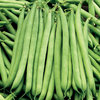




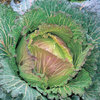






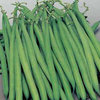




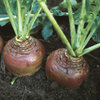

 20 x Jiffy Propagation Grow Blocks 85mm x 85mm
20 x Jiffy Propagation Grow Blocks 85mm x 85mm
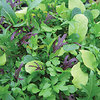






 6" Heavy Duty Plant Label with Pencil
6" Heavy Duty Plant Label with Pencil 2M Wide Heavy-Duty Ground Fabric/Mulch Control
2M Wide Heavy-Duty Ground Fabric/Mulch Control 5 x Propagator Sets Full Standard Seed Trays V40
5 x Propagator Sets Full Standard Seed Trays V40


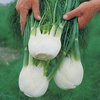
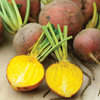
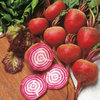


 9 Cell Self-Supporting Bedding Plant Packs
9 Cell Self-Supporting Bedding Plant Packs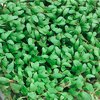

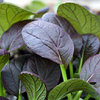




 Premium 4 Tier Compact Growhouse & Tray
Premium 4 Tier Compact Growhouse & Tray Premium 4 Tier Extra Wide Growhouse
Premium 4 Tier Extra Wide Growhouse

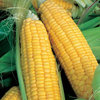


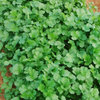


 104 Cell Heavy-duty Modiform Plug Seed Trays
104 Cell Heavy-duty Modiform Plug Seed Trays